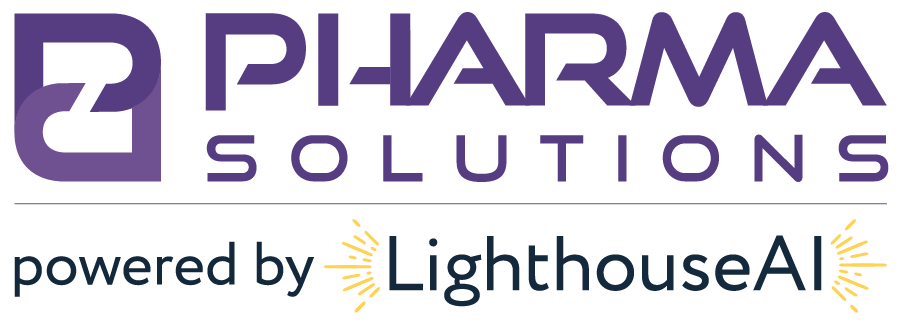Hospitals Group to Launch Drug Manufacturing Company, an Industry First
The Story
“The new company intends to be an FDA approved manufacturer and will either directly manufacture generic drugs or sub-contract manufacturing to reputable contract manufacturing organizations, providing patients an affordable alternative to products from generic drug companies whose capricious and unfair pricing practices are damaging the generic drug market and hurting consumers. The company will also seek to stabilize the supply of essential generic medications administered in hospitals, many of which have fallen into a chronic shortage.”
The Problem
A Better Solution
Every drug manufacturer performs at least one of 3 components of manufacturing:
There are 3 business models concerning drug manufacturing:
At this time, it seems like, from the Intermountain CEO’s words, that the hospital will follow the Traditional Manufacturer route – win drug files with the FDA. With what is likely massive non-profit foundation cash reserves, the group should be able to afford the filing fees, which could be millions of dollars. Unfortunately, the time to market is usually 2 years, although the FDA does give a fast track option for certain drugs.I believe a better way forward would be partnering with a reputable a 503(b) facility. This way, they could launch a shortage product in 3 to 6 months while minimizing upfront costs. Further, it would specifically focus the hospital on getting shortage items into inventory – not ambitious plans of a marketing and logistics powerhouse.
A 503(b) facility performs human drug compounding – the FDA allows these facilities to manufacture shortage products.
Industry
So what does this mean? It means that the industry titans aren’t going to get to have all the fun (profit). The recent mash-ups (Red Oak/CVS/Caremark/Aetna, Cigna/Express Scripts and Amerisource/Walgreens) have all continued to put pressure on the rest of the supply chain as companies fight to gain leverage; and now the hospitals are fighting back.
About Us
Based just outside of Philadelphia, Pharma Solutions provides actionable guidance and excellent administrative services with a focus on client care across Compliance, Commercial, and Quality solutions. Our mission is to improve the health and welfare of the American public by providing solutions and implementing best practices for companies in the pharmaceutical supply chain.




0 Comments